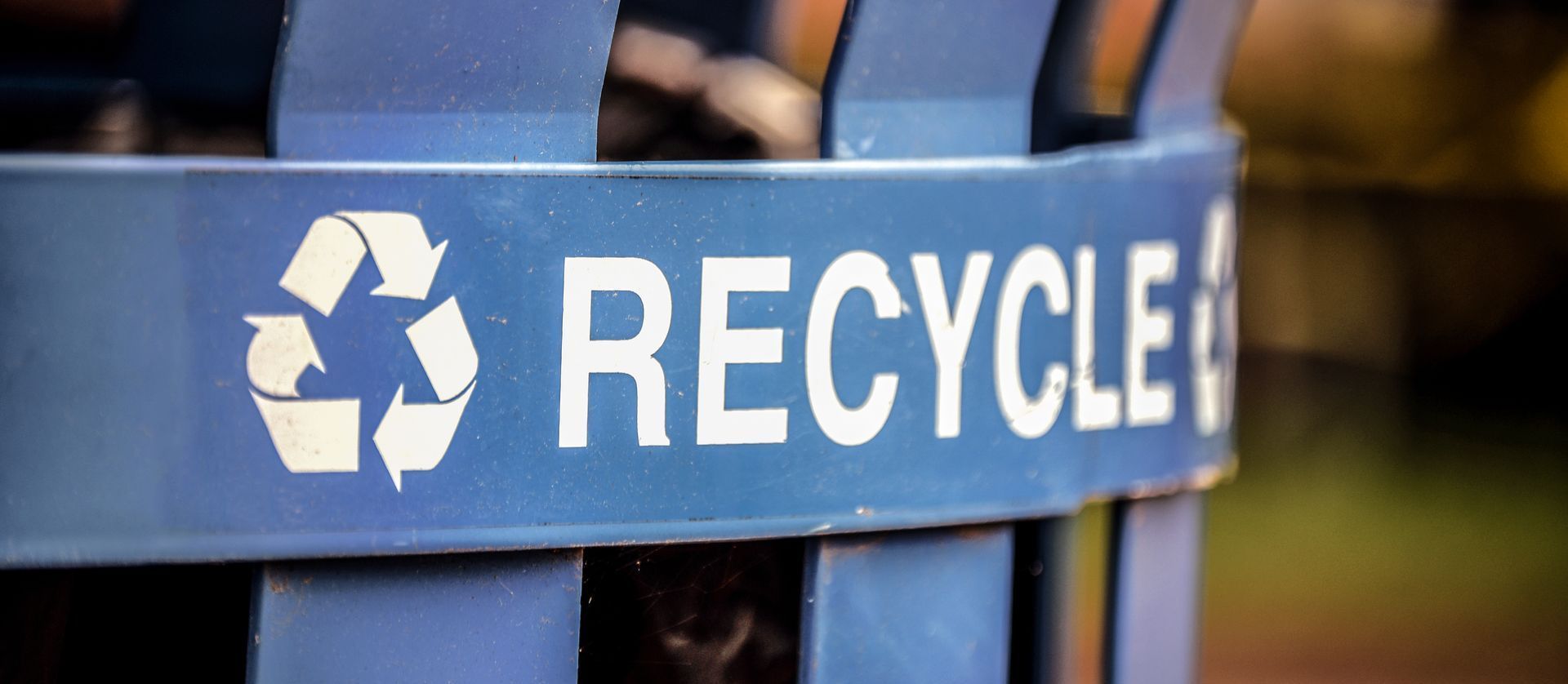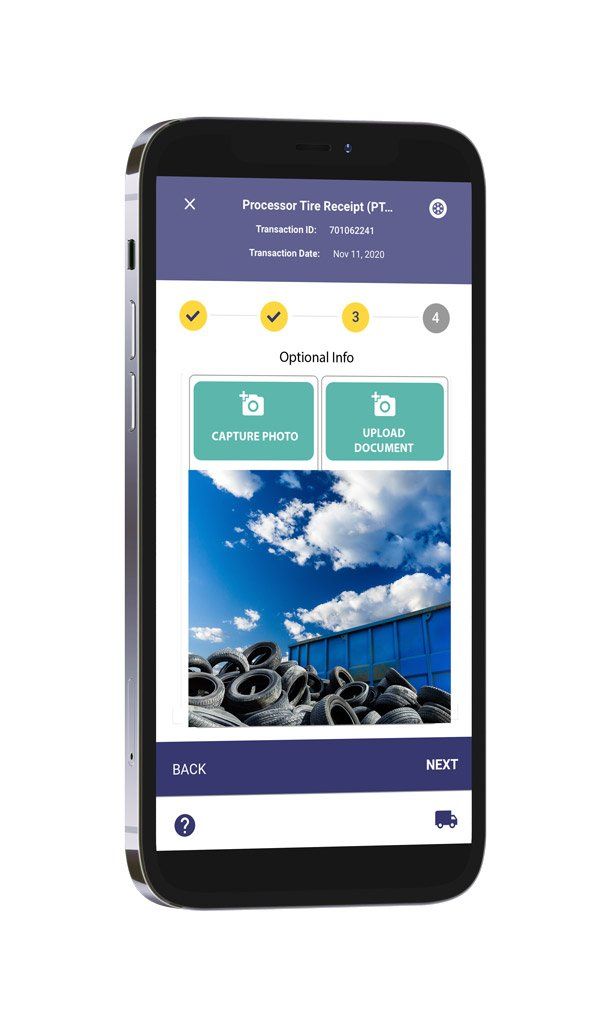Harnessing Recycling Software to Elevate Extended Producer Responsibility

In the heart of every transformative endeavour lies a story of innovation and progressive thinking. Around the globe, the push towards a more sustainable future is gaining momentum. A potent catalyst in this transformation is the rise of Extended Producer Responsibility (EPR) programs.
Nova Scotia, a province deeply committed to sustainable initiatives, finds its narrative enriched by the newly announced Extended Producer Responsibility (EPR) programs. It’s a significant step toward reducing waste and promoting resource recovery from packaging, paper products, lamps, batteries, and small household electric appliances. EPR is reshaping product designs and promoting a culture of recycling. Nova Scotia is just one example in a global movement of continued expansion of EPR programs and initiatives.
When it comes to driving greater environmental outcomes in resource recovery, it's essential to recognize that while EPR is the compass, the meticulous tracking of resource recovery via advanced recycling software is the engine propelling sustainability. Leveraged effectively, data can refine methodologies, augment environmental stewardship, and create lasting changes that have tangible impacts on our planet. Understanding the intricacies of waste management and recycling becomes infinitely more actionable with precise data.
EPR: A Global Movement with Local Impacts
Extended Producer Responsibility (EPR) is a global resource recovery and waste diversion strategy that is gaining some serious momentum. At its core, EPR makes producers responsible for the post-consumer phase of their products. It promotes sustainable product designs, encourages reduced waste, and emphasizes increased recycling. From initiatives in North America, Europe, and Asia, the positive impact and opportunities a successful EPR program can deliver are well documented and already being measured and include:
Around the world, regions have reported reduced environmental footprints, cleaner ecosystems, and a push toward a circular economy, all driven by effective EPR implementations. Nova Scotia's target of reducing waste disposal rates to just 300 kilograms per person annually by 2030 showcases its commitment to this global movement.
Navigating the Recycling Landscape: Challenges and Opportunities
Though brimming with potential, modern recycling operations face a number of complex challenges that demand innovative solutions.
- Waste Sorting Complexities: Proper waste sorting is fundamental to effective recycling. Unfortunately, contamination frequently occurs, often undermining the recycling process and reducing the quality of end products.
- Data Silos: With multiple stakeholders in the recycling chain, from collectors to processors, data is often fragmented. The lack of a unified system means scattered data, creating inefficient decision-making and operations.
- Fluctuating Commodity Prices: The constantly shifting value of recyclable materials presents budgetary and operational challenges, making maintaining consistent and profitable recycling programs difficult.
- Tracking Recycling Rates: A challenge in the recycling landscape is recycling rate tracking. Ensuring accurate data about the amount of waste that is recycled is critical for several reasons:
- Assessing Impact: Quantifying environmental and economic benefits, such as emissions reduction, resource conservation, cost savings, and job creation.
- Monitoring Performance: Overseeing the effectiveness and compliance of recycling initiatives like EPR.
- Identifying Opportunities: Spotting gaps and avenues to refine recycling systems, improve collection efficiency, enhance processing quality, and widen end markets.
When it comes to addressing the challenges facing the recycling industry, the power of digital solutions cannot be understated. Implementing recycling software can enhance the tracking, reporting, and compliance of EPR programs. Such systems offer the agility needed to navigate challenges like fluctuating commodity prices, fragmented data silos, and the intricacies of waste sorting.
Modernizing Resource Recovery with Software
The world of recycling is complex, intricate, and constantly evolving. Recycling software, with its real-time analytics, ensures adaptability in the face of dynamic and evolving resource recovery operations. Integrated platforms enable data flow continuity, bridging gaps and preventing inefficiencies.
Digital Innovations for Flexibility: Advanced analytics, often in real-time, offer the agility needed to navigate the unpredictability of commodity price fluctuations.
Unified Data Platforms to Tackle Silos: Solutions like Diversys bridge data gaps. These platforms are pivotal in optimizing operations and decision-making processes by offering a continuous data stream across the recycling value chain.
Cloud-Based Recycling Management for Enhanced Oversight: Centralized data hubs, epitomized by platforms like Diversys, come with many benefits. From seamless data collection to real-time analytical capabilities, such systems promise a transformative shift in how waste management is approached.

The right software and applications can enable centralized control with comprehensive oversight, eliminating the need for disjointed systems or manual data management. For EPR initiatives like in Nova Scotia, this means enhanced reporting, improved compliance, and an edge over traditional error-prone methods. Like any industry, every stakeholder in the recycling ecosystem needs the right tools to make impactful decisions.
A Data-Driven Approach to Solidifying EPR's Impact
The road to a sustainable future, particularly in the context of Extended Producer Responsibility (EPR), is paved with both opportunities and challenges. As we advance into 2023, it becomes evident that the hurdles are multifaceted. Stakeholders face resistance to change, concerns over sunk costs from prior investments, and uncertainties regarding the returns on new initiatives. Tangible results emerge from actionable insights, robust tools, and platforms that efficiently manage and oversee complex recycling programs.
At Diversys, we are committed to supporting this endeavour with a platform that ensures that EPR initiatives are backed by accurate, trustworthy data, enabling stakeholders to measure, refine, and amplify their impact. This data-centric approach ensures adherence to EPR principles and their optimization.
Nova Scotia stands as a shining example. The province's commitment to the circular economy and its ambitious EPR programs are commendable. However, realizing these aspirations lies at the intersection of innovation, responsibility, and data-driven decision-making. As we navigate the intricacies of EPR and its global implications, one assertion stands tall: the future of recycling in Nova Scotia and worldwide is digital. It promises both efficiency and innovation and a greener, more sustainable tomorrow.

About Diversys
Diversys is proud to have its roots in Ontario, Canada - a province widely recognized for its leadership in EPR and sustainability. Since 2019, we've been dedicated to creating innovative software solutions that drive progress toward a world without waste.
Our story is a testament to the power of hard work, customer loyalty, and big ideas. We are committed to empowering organizations with the waste recycling software solutions necessary for achieving a sustainable future. Our cutting-edge software platform is helping organizations achieve their ESG goals, meet reporting obligations, and improve operational efficiency for their recycling programs.
Our commitment to delivering world-class solutions that drive meaningful progress towards waste reduction and a more sustainable future is unwavering. Our team of industry experts is ready to help you navigate the rapidly-evolving waste management landscape as we progress toward a circular economy.








